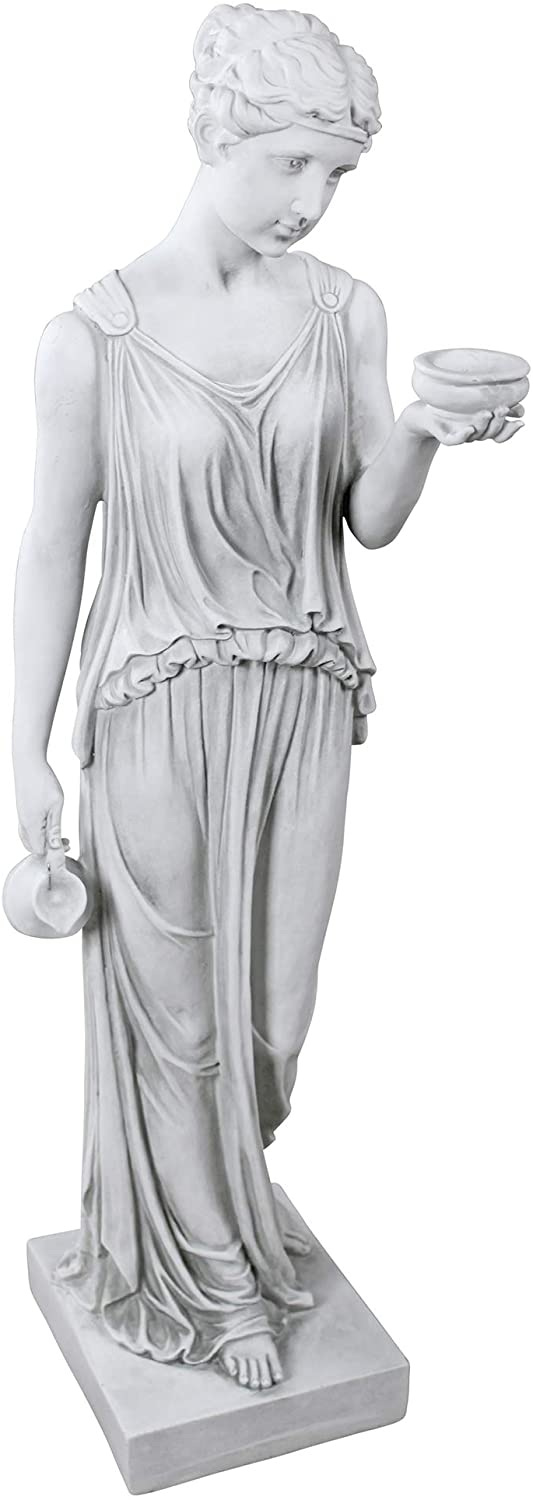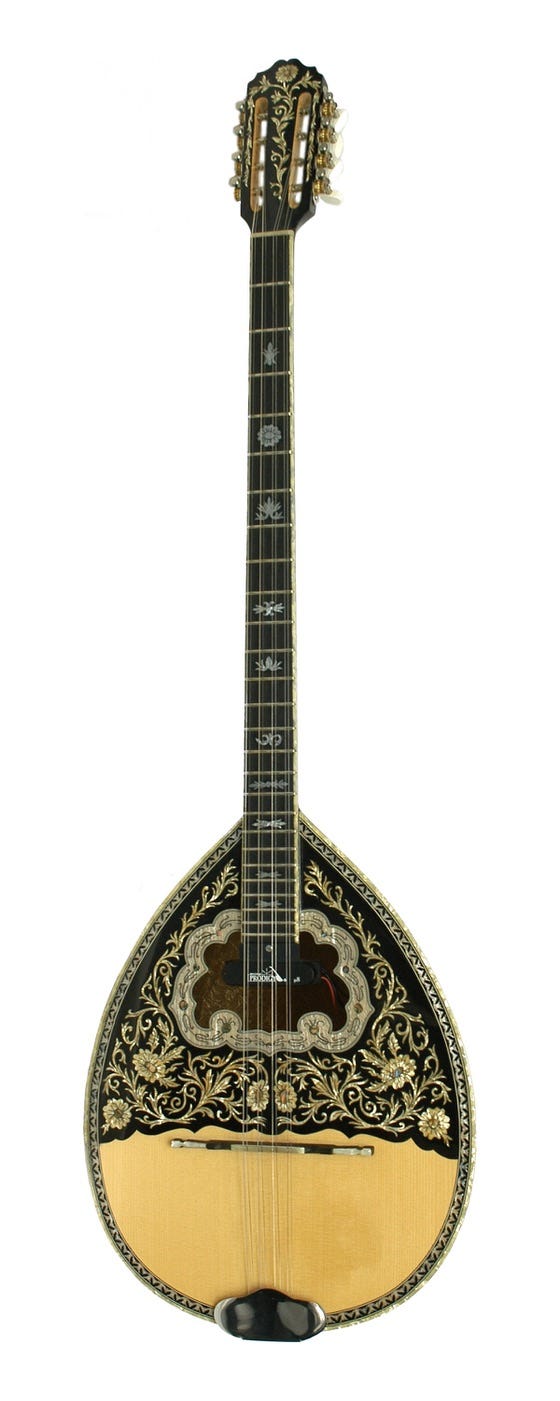School
Education: Early Childhood, Benefits of
My mother worried about me. In consultation with the other mothers in our neighborhood, she decided that I had serious intellectual deficiencies that should be corrected before I began kindergarten.
Little Follies, “The Fox and the Clam”
According to the National Education Association (NEA):
Research shows that providing a high-quality education for children before they turn five yields significant medium- and long-term benefits for students. Children in early childhood education programs are:
• less likely to repeat a grade
• less likely to be identified as having special needs
• more prepared academically for later grades
• more likely to graduate from high school
• higher earners in the workforce.
But providing high-quality education for young children is also about racial and social justice. Access to effective, diverse programs breaks down structural barriers that have prevented all children—particularly children of color and children from disadvantaged families—from achieving their full potential.
Will the Misses Leighton’s nursery school yield “significant medium- and long-term benefits” for Peter and Matthew? We shall see.
Classical Statuary, Replicas of
Bouzouki
Personality Traits, Distinctive
The school was conducted within the Misses Leighton’s house, a large and comfortable frame house where the two women—Emily and Louisa—had for some twenty years attended their ailing mother. When she had died at last, the daughters, released from their responsibility well into middle age, had spent their small inheritance on a trip to Greece, where they acquired an enormous number of fascinating miniature plaster replicas of classical statuary, and where Emily learned to play the bouzouki, though not well.
Little Follies, “The Fox and the Clam,”
If the example of the Misses Leighton and the research reported by the NEA has inspired you to open a nursery school of your own, you can, if you like, emulate their decorating scheme with reproductions “using real crushed stone bonded with durable designer resin,” for example:
Coincidentally, I tried to learn to play the bouzouki when I was thirty-six. Well, not the bouzouki. The violin. I discovered, after two or three lessons, that I was completely inept. I’ve come to accept that as a personality trait: not a flaw, but a distinction.
Note to self: A topic for The Topical Autobiography of Mark Dorset (hereafter TTAoMD): Potential Destructive Effect of Art. While I was reviewing this TG entry and the corresponding passage from The Personal History, Adventures, Experiences & Observations of Peter Leroy (hereafter TPHAE&OoPL), I realized that I don’t remember anything of my own nursery school experience. Nothing. Nothing at all. It’s as if the Misses Leighton’s Nursery School has completely obliterated the nursery school that I attended. Wow. Develop this.
[more to come on Wednesday, October 6, 2021]
Have you missed an episode or two or several?
You can catch up by visiting the archive or consulting the index to the Topical Guide.
You can listen to the episodes on the Personal History podcast. Begin at the beginning or scroll through the episodes to find what you’ve missed.
At Apple Books you can download free eBooks of “My Mother Takes a Tumble,” “Do Clams Bite?,” “Life on the Bolotomy,” and “The Static of the Spheres,” the first four novellas in Little Follies.
You’ll find an overview of the entire work in An Introduction to The Personal History, Adventures, Experiences & Observations of Peter Leroy. It’s a pdf document.




